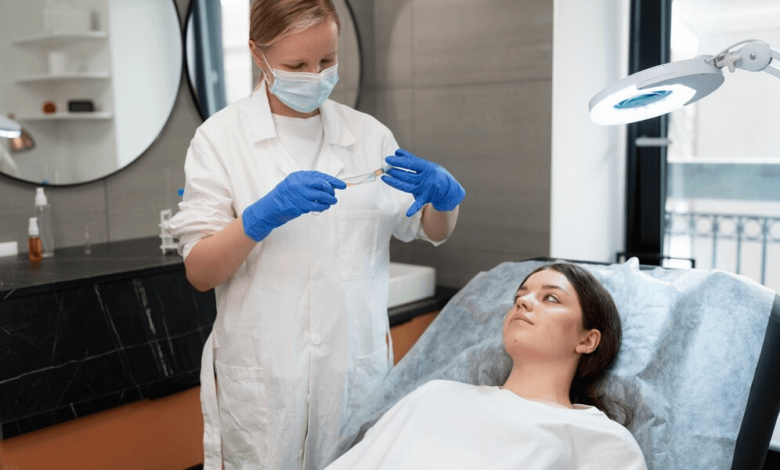Exploring the Benefits of Botox in Medical Treatments

Botox has become a household name, often associated with cosmetic enhancements. However, its applications extend far beyond aesthetics. This versatile substance plays a significant role in medical treatments. It offers relief for various conditions and improves quality of life. In this article, we will delve into its benefits, exploring how it aids health and wellness.
Understanding Botox and Its Role in Medicine
Botox is a purified form of botulinum toxin type A. It works by temporarily paralyzing muscles or blocking nerve signals. When used correctly, it provides relief from numerous medical issues. Many people are unaware of its therapeutic potential. Doctors use it to treat migraines, excessive sweating, and muscle spasms. These applications highlight its importance in modern medicine. By reducing symptoms, Botox enhances patients’ daily lives.
Considering Naturopathic Medicine Alongside Botox
Naturopathic medicine focuses on natural healing methods. Combining it with Botox can offer holistic benefits. For instance, naturopathy emphasizes diet and lifestyle changes. These approaches complement Botox treatments effectively. Patients may experience fewer side effects when using both therapies. Together, they promote overall well-being. This combination addresses root causes rather than just symptoms. Such an integrated approach can lead to better long-term results.
Managing Chronic Pain with Botox Treatments
Chronic pain affects millions worldwide, disrupting daily routines. Botox injections provide targeted relief for specific pain points. They relax overactive muscles responsible for discomfort. Unlike oral medications, botox delivers localized effects. This minimizes systemic side effects while maximizing relief. Regular treatments can significantly reduce pain levels. As a result, patients regain control over their lives.
Enrolling Them in Addiction Treatment Programs for Holistic Recovery
Addiction treatment programs focus on comprehensive recovery plans. While Botox might not directly address addiction, it supports mental health. Stress and anxiety often accompany recovery journeys. Botox helps manage these emotions by relaxing facial muscles. This reduction in tension fosters a calmer state of mind. Enrolling in a structured program ensures proper guidance during recovery. Both approaches work hand-in-hand to promote healing.
Enhancing Quality of Life Through Therapeutic Uses
Quality of life improvements are among Botox’s most rewarding outcomes. Conditions like hyperhidrosis cause social and emotional distress. Botox reduces excessive sweating, boosting confidence and comfort. Similarly, it alleviates chronic migraines, allowing individuals to function better. These benefits go beyond physical health. They positively impact mental and emotional well-being too. Patients report feeling more empowered after treatment.
Addressing Muscle Spasms with Precision
Muscle spasms disrupt daily activities and cause immense discomfort. Botox targets affected muscles precisely, offering relief. Its ability to weaken overactive muscles makes it ideal for such cases. Conditions like dystonia benefit greatly from these injections. Patients notice reduced spasms and improved mobility. Such advancements enable them to perform routine tasks effortlessly. Precision treatment ensures minimal impact on surrounding areas.
Improving Neurological Health with Botulinum Toxin
Neurological disorders often involve uncontrolled muscle movements. Botox plays a crucial role in managing these symptoms. By inhibiting nerve signals, it restores balance to affected areas. This application proves particularly useful for stroke survivors. It aids in regaining motor functions and reducing stiffness. Additionally, it assists in treating conditions like cerebral palsy. These interventions enhance neurological health significantly.
Conclusion
Botox offers more than just cosmetic advantages. Its therapeutic uses revolutionize medical treatments. From managing chronic pain to addressing muscle spasms, its benefits are vast. Integrating naturopathic practices further amplifies its effects. Enrolling in addiction treatment programs complements mental health support.




